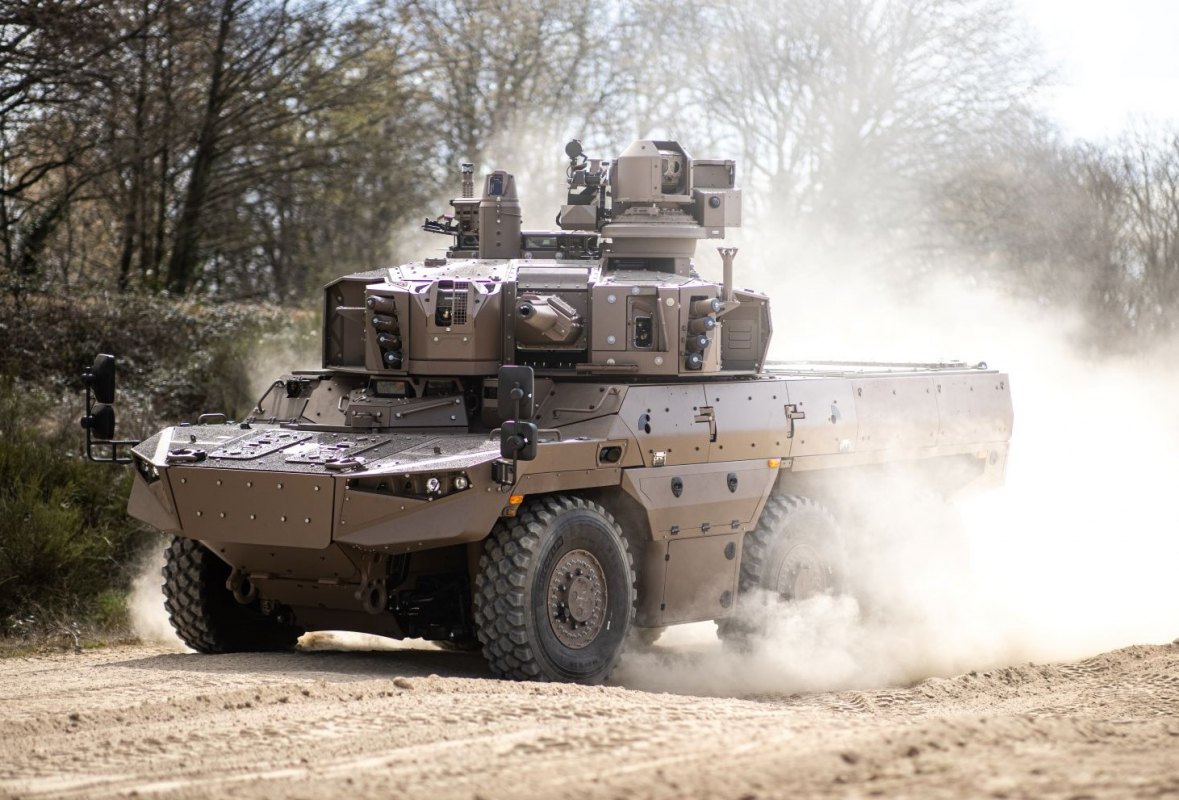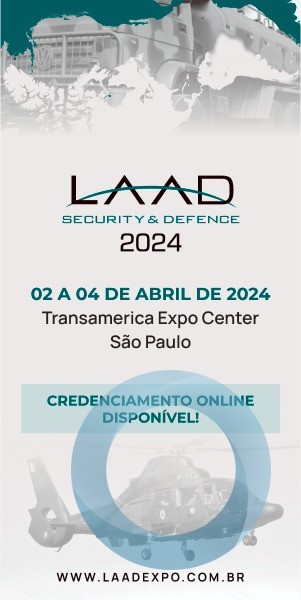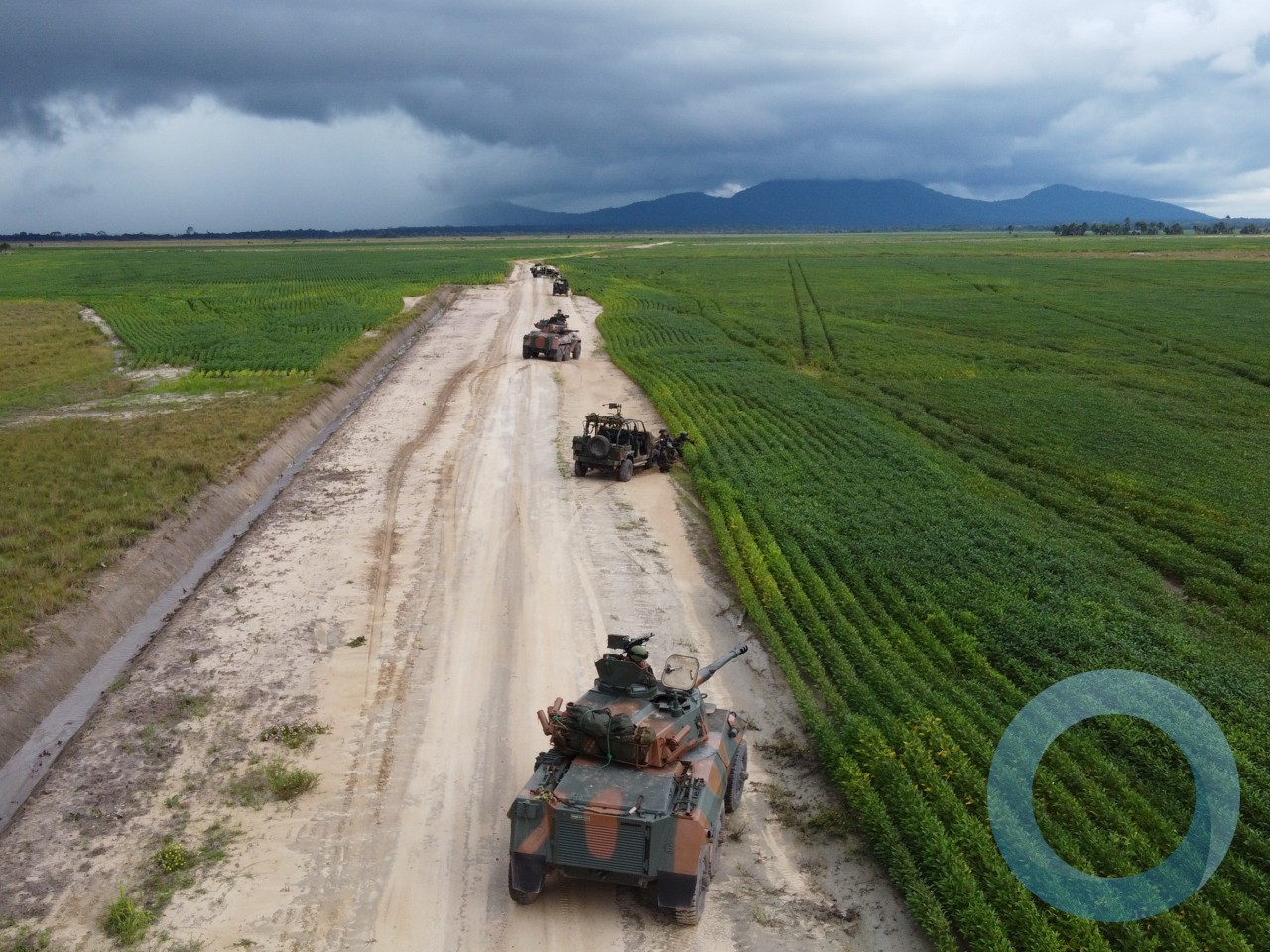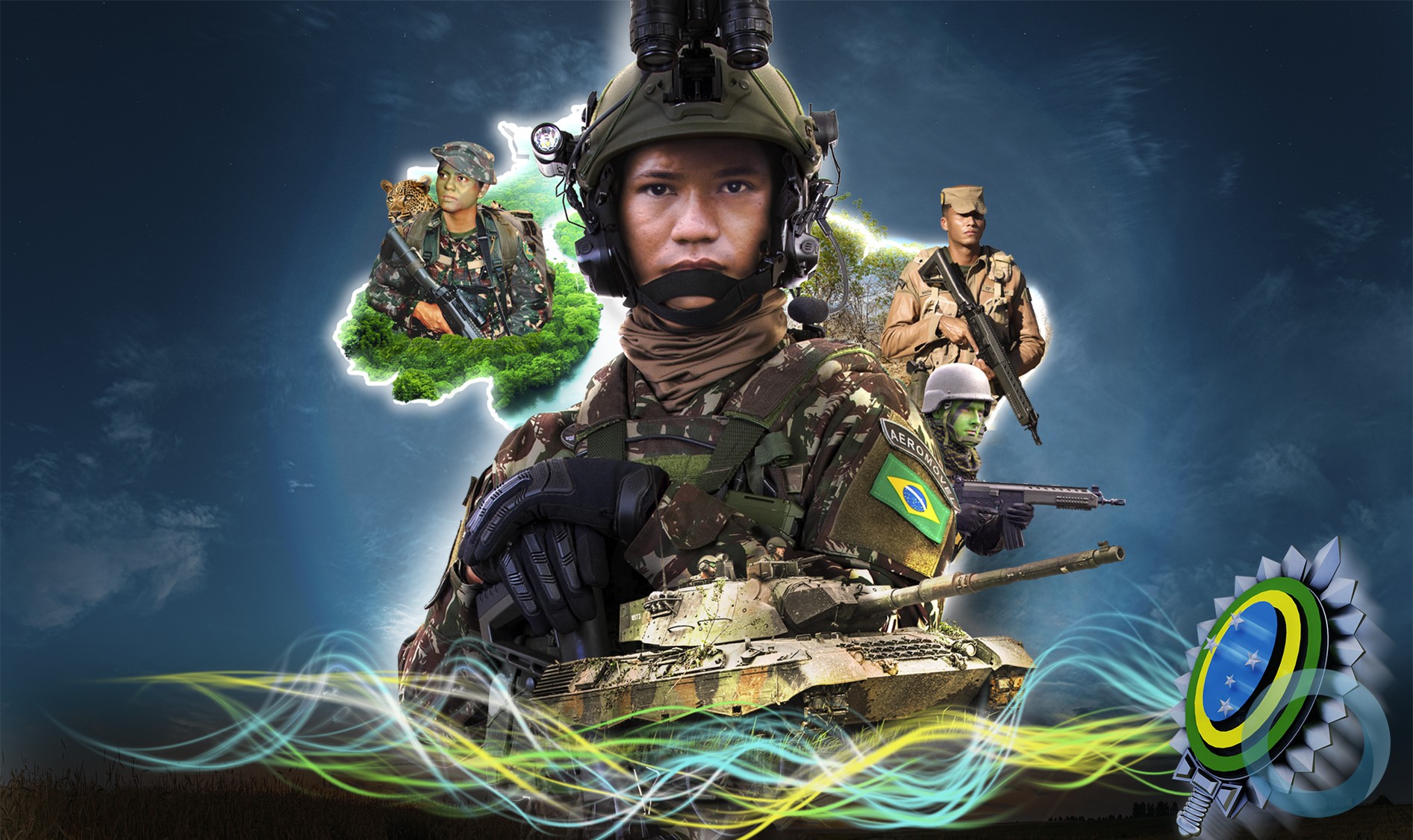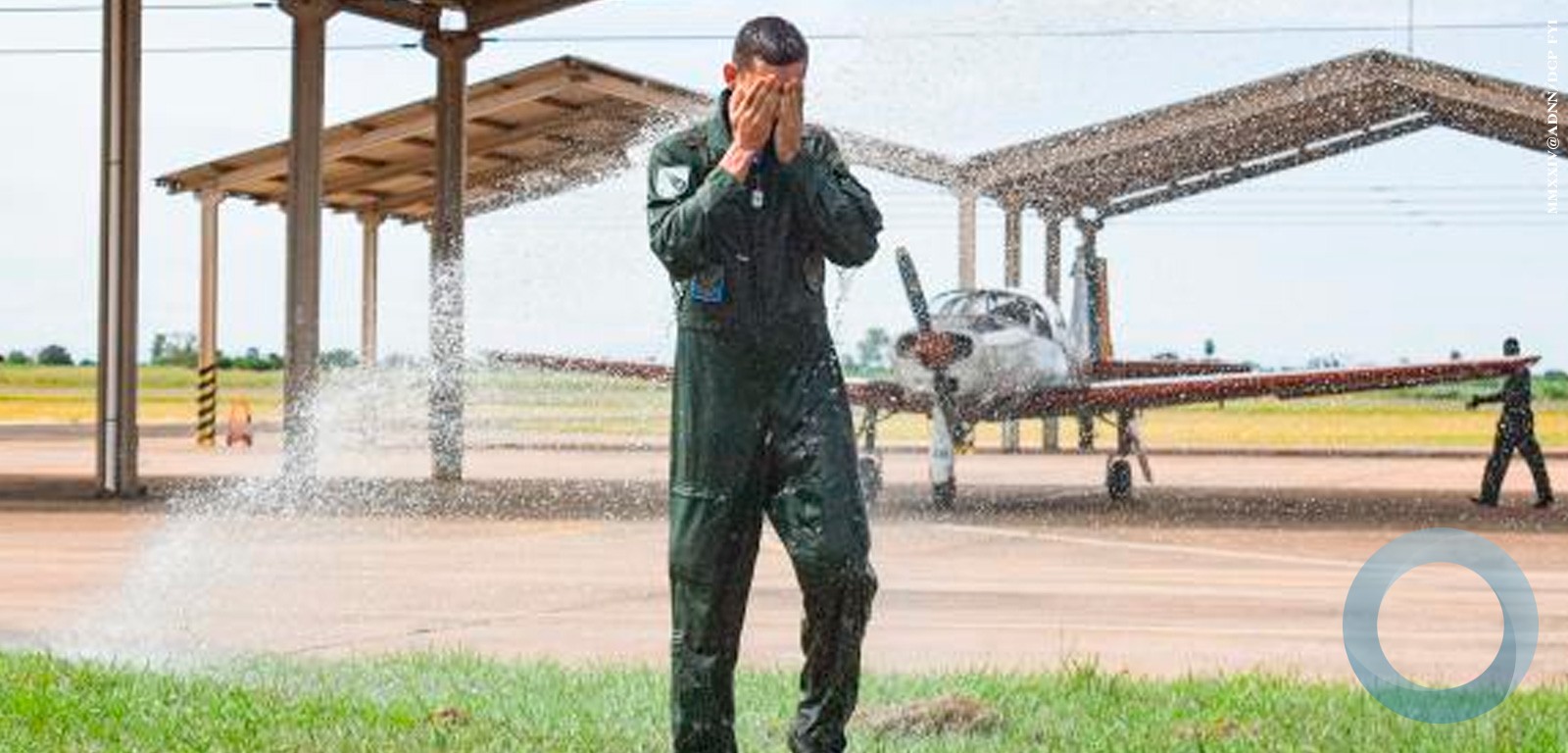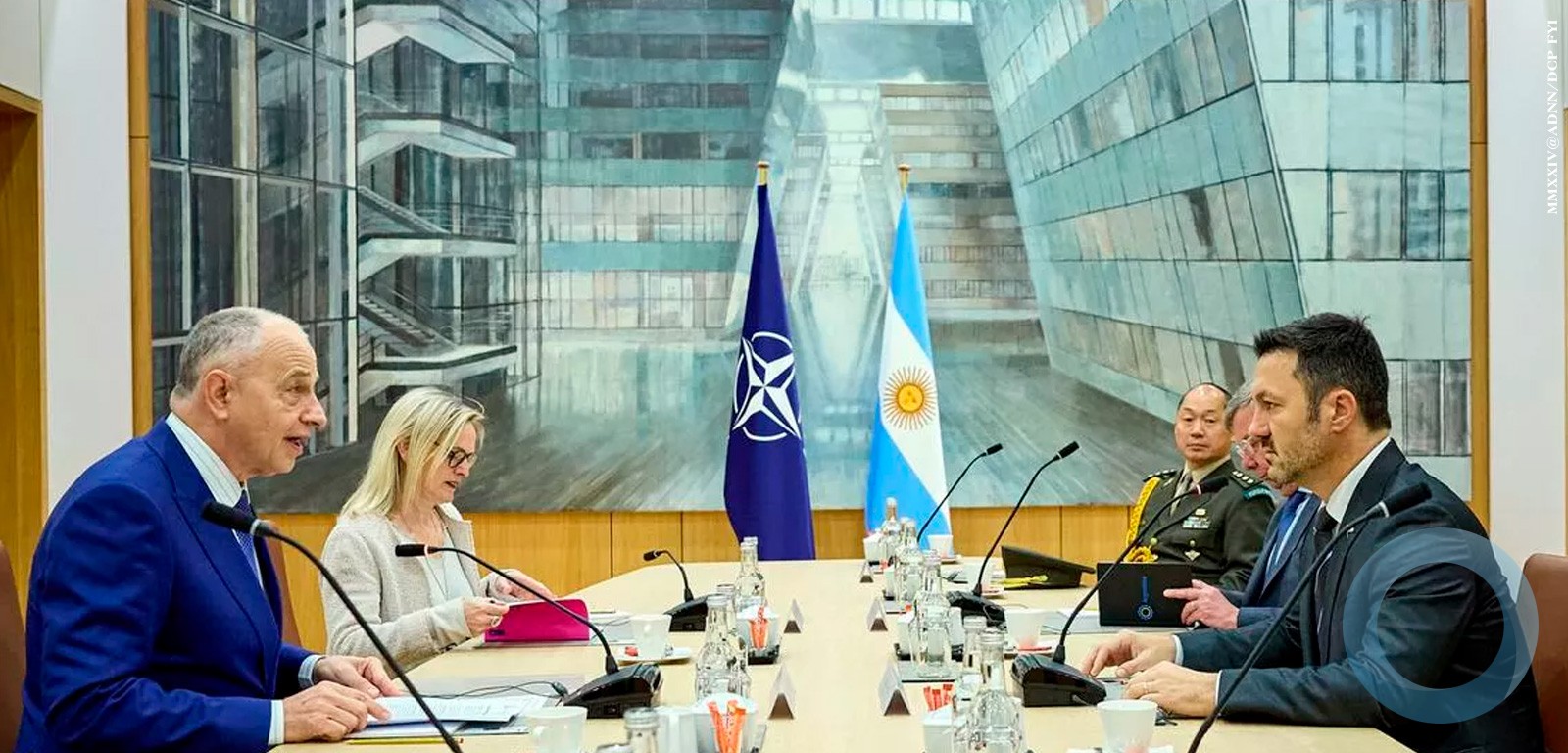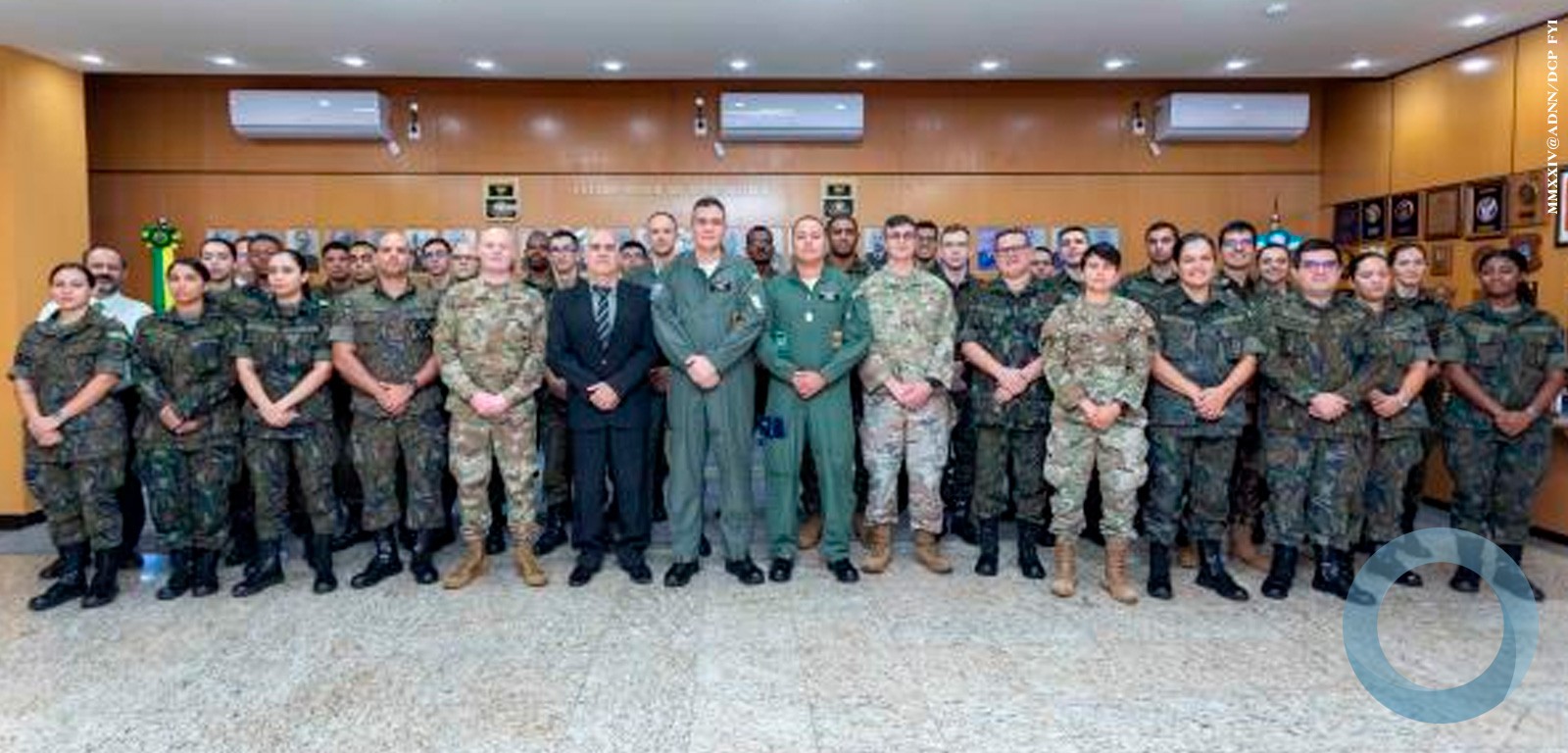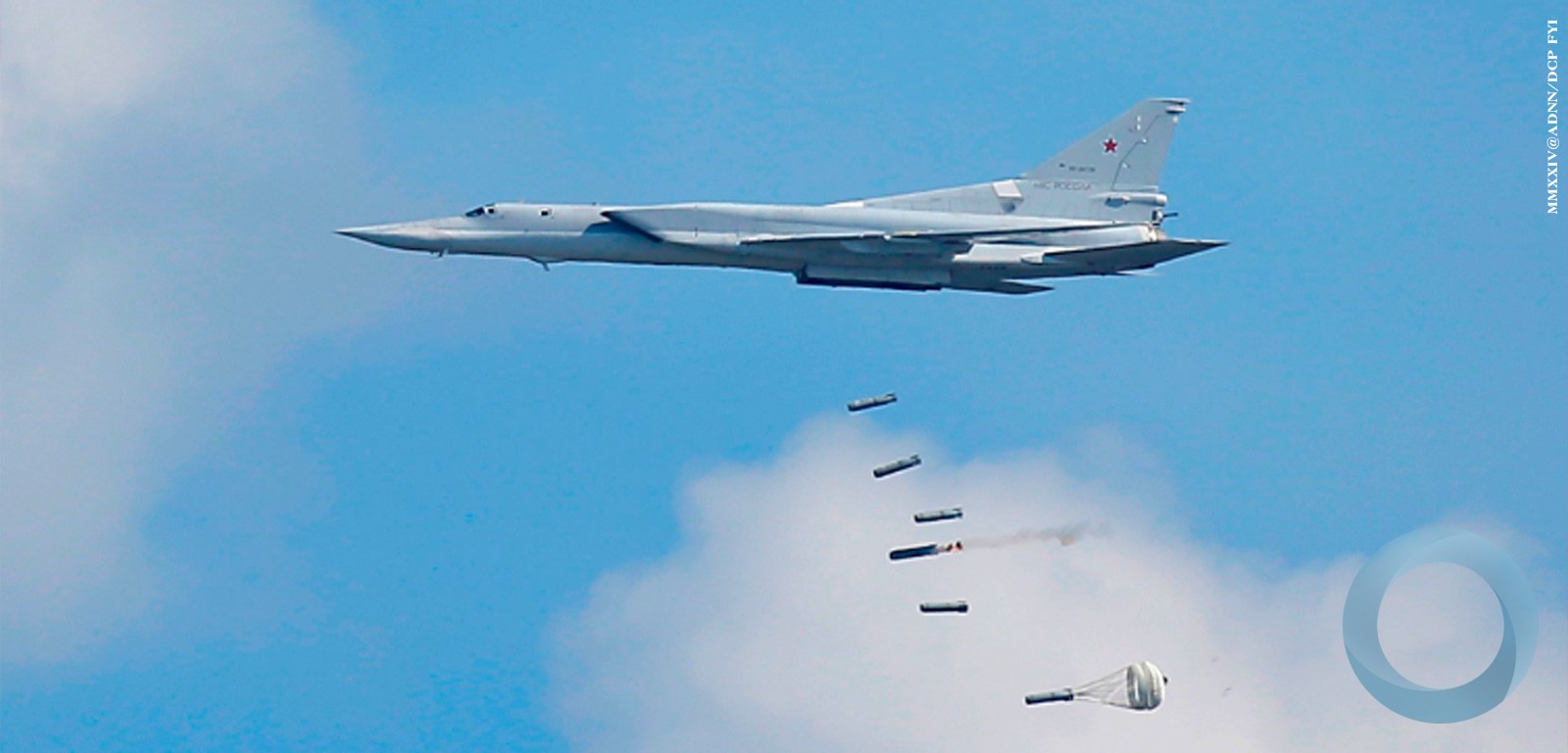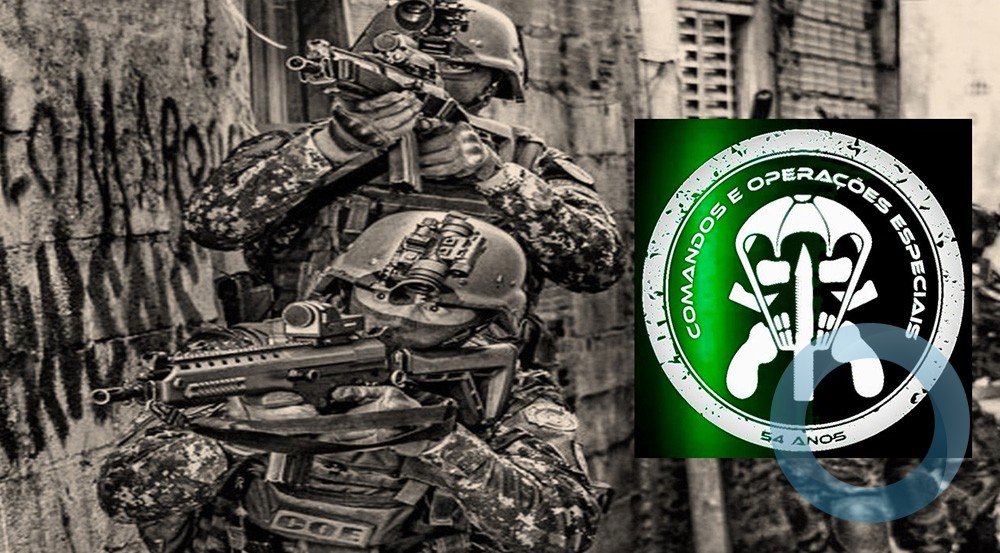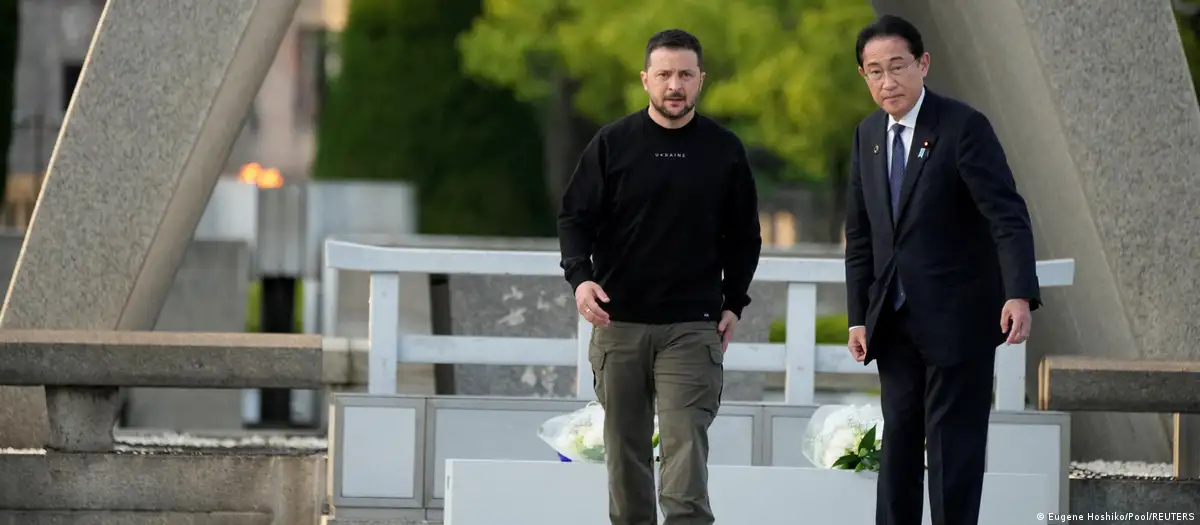The UK Ministry of Defence (MOD) has announced that they will re-join the Boxer programme via the Organization for Joint Armament Cooperation, or OCCAR, a move that will allow them to procure the Boxer 8×8 vehicle to meet the requirements for their Mechanised Infantry Vehicle (MIV) programme.
This approach has the potential to provide the UK with a range of benefits including rapid delivery of the proven Boxer vehicle, an open and transparent procurement and delivery process, compatibility with NATO allies, a substantial investment into the UK defence industrial base and excellent potential for the export of British built Boxer vehicles internationally.
Armin Papperger, CEO of Rheinmetall AG, commented, “As a joint venture partner in Boxer via ARTEC GmbH, Rheinmetall warmly welcomes the announcement from the UK MOD. The Boxer vehicle offers exceptional levels of protection and mobility that have been proven on operations, and we look forward to welcoming the British Army into the group of armed forces already successfully operating Boxer.”
ARTEC is a joint venture between Rheinmetall (64%) and Krauss-Maffei Wegmann (36%) that is contracted to deliver and support more than 600 Boxer vehicles to the German, Dutch and Lithuanian armed forces. ARTEC and Rheinmetall are already in discussions with a number of UK partners to deliver the MIV programme including BAE Systems, Thales UK, Raytheon, Rolls-Royce and Pearson Engineering. This approach will secure substantial jobs across the UK to manufacture, sustain and upgrade the UK Boxer fleet through life.
The announcement by the British MOD that it has selected the Boxer after the conduct of a comprehensive market analysis of similar Mechanised Infantry Vehicles comes on the back of a recent announcement that the Australian Army has also selected the Boxer 8×8 at the conclusion of a rigours three-year competitive evaluation programme for their Land 400 Phase 2 programme. The selection by both the UK and Australia is testament to the performance and value for money that Boxer provides, particularly in the areas of mobility, capacity, flexibility, utility and agility as the UK MOD stated in their recent announcement.
Ben Hudson, global head of Rheinmetall’s Vehicle Systems Division, said “We are delighted with the announcement that the UK MOD has selected Boxer for the MIV programme at the conclusion of a comprehensive market analysis and are confident that the MOD will find that a Boxer procurement via OCCAR and ARTEC provides excellent value for money and timely delivery to support the rapid establishment of the UK Strike Brigades. We are committed to supporting UK prosperity and believe that, working with the UK defence industrial base, this approach will create substantial jobs across the UK now and into the future.”


The ARTEC Boxer is an 8×8 armoured vehicle which is battle proven in Afghanistan. Boxer is flexible, modular in design and future proofed, with excellent ballistic and mine protection qualities. Its design allows for any Mission Module configuration with a payload up to 15 tonnes. So far more than 600 vehicles, in 12 different versions, have been ordered or delivered to three NATO countries: Germany, Netherlands and Lithuania. Furthermore, the Boxer CRV variant has been proposed by the Australian Government as the next generation 8×8 Combat Reconnaissance Vehicles (CRVs) as part of plans to modernise the Australian Army under the Land 400 Phase 2 Project. The Boxer is made by ARTEC, a joint venture between two German companies, Krauss-Maffei Wegmann (36%) and Rheinmetall (64%).
Boxer is British by design with British DNA running through it. The previously called MRAV Programme was co-founded by the UK MOD at that time, even being given the Boxer name by the UK.
Its suppliers will include established and reliable UK defence companies BAE Systems, Thales UK, Raytheon, Pearson Engineering and Rolls-Royce, helping to sustain the UK supply chain across the whole of the UK: including Scotland, the North East of England, Northern Ireland and the West Midlands. This builds on decades of skills and investment within the UK Boxer team in designing, integrating and delivering armoured vehicles.
The Boxer programme meets many of the key tenets of the MOD’s Defence Industrial Policy, including wider economic value to the UK, reinforcing capability and competitiveness in the supply chain, interoperability and strong export potential.
OCCAR, whose initials stand for Organisation Conjointe de Coopération en Matière d’Armement, is an international organization dedicated to efficient, effective management of existing and future joint armament programmes. Belgium, France, Germany, Italy, Spain and the United Kingdom are all member states. Non-member programme participating states include Finland, Lithuania, Luxembourg, the Netherlands, Poland, Sweden and Turkey. The organization is headquartered in Bonn.








